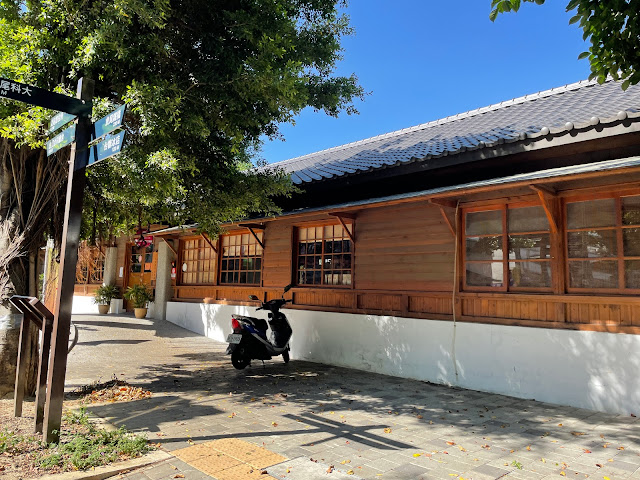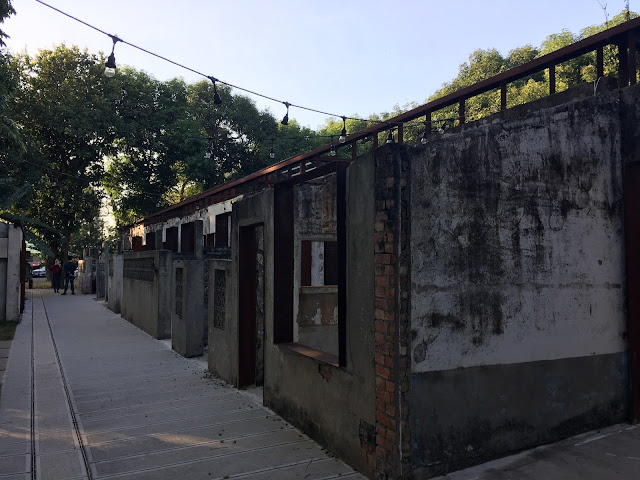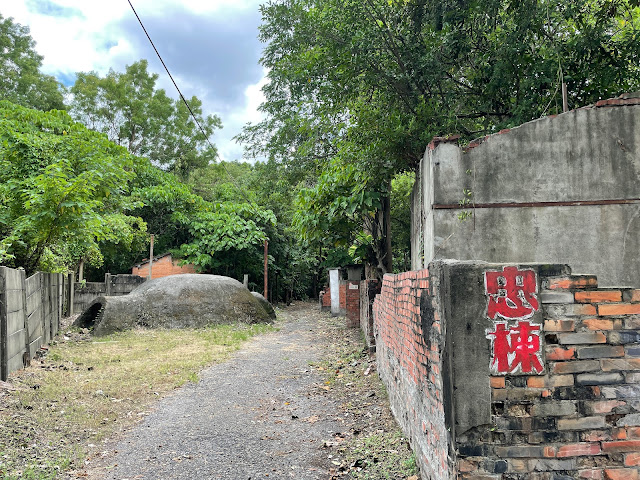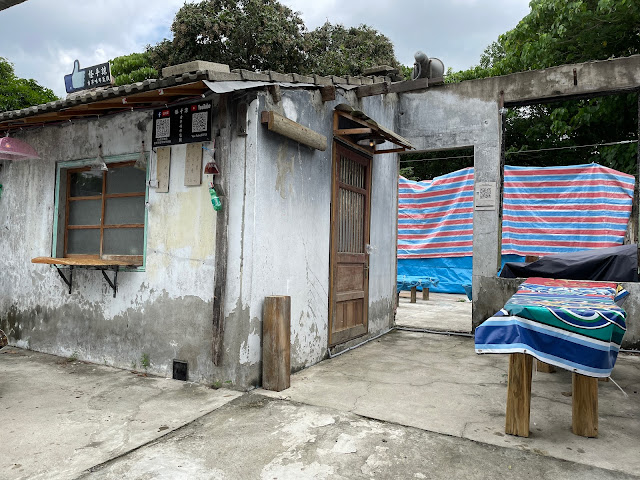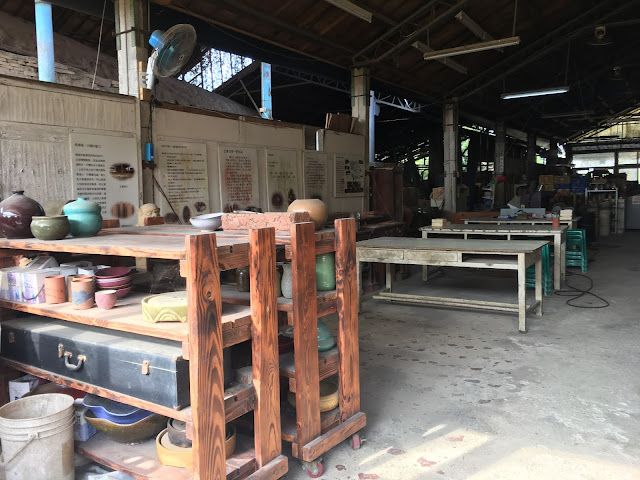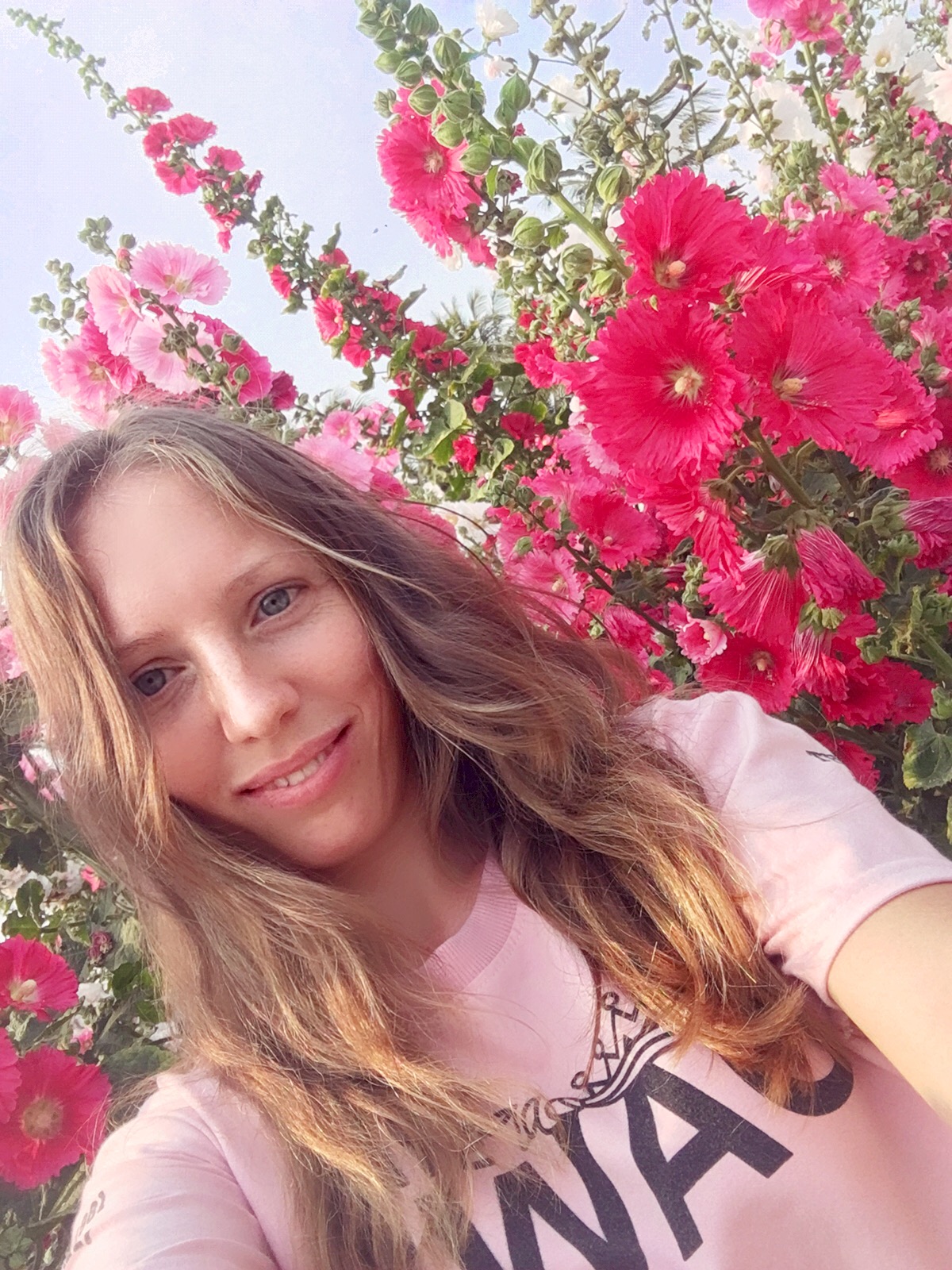Travel Date: 2021/07/24
I believe Huwei has the potential to attract more tourists, but unfortunately, not much investment has been made in renovating its attractions. The old Japanese houses are left to deteriorate completely. In other towns and counties, we have visited similar places where even with fewer Japanese-style buildings (some had only 2), tourists were always present. Over the past four years, I have only witnessed the deterioration of the area, which is quite unfortunate. The sugar factory is still operational, but from my research, it seems that tourists are not allowed to visit. The traditional sugarcane train tracks lead all the way to Jianguo Military Village, which is currently undergoing renovation.
Huwei Sugar Factory (虎尾糖廠)
The factory was built in 1907 and is still involved in the sugar business, being one of the two remaining sugar factories in operation. The other factory is the Shanhua Sugar Factory in Tainan. During the sugarcane season (November to February), you can witness the old-style train transporting sugarcane to the factory. Unfortunately, due to Covid-19 restrictions, visitors have not been allowed inside the factory since last year.
The first workshop was officially established in 1909, with a daily crushing capacity of 3,300 metric tons of sugarcane. The second workshop was built in 1912, with a daily crushing capacity of 1,600 metric tons of sugarcane. In 1924, the first workshop was expanded to increase the total crushing capacity to 4,900 metric tons, making it the most productive sugar plant in Taiwan. In 1925, the largest alcohol workshop in the region was added. An anhydrous alcohol manufacturing facility was also installed in 1937 but closed in 1962.
During World War II, the sugar plant was heavily bombed, and both the first and second workshops suffered significant damage. Due to the severity of the damage, the second workshop, which had suffered less damage, was repaired first. Sugar production resumed at the end of 1945, and the repair of the first workshop was completed in 1947, marking the resumption of sugar production in that workshop as well.
With the decline in sugarcane planting area, the second workshop was shut down in 1961. In 1967, the Huwei, Beigang, and Douliu Sugar Factories were merged into a large factory system. In 1972, the Dalin Sugar Factory also came under the management of Huwei General Factory. The alcohol workshop was closed in September 1976, and the equipment was moved to the new camp by-product processing plant for continued use. In 1990, the Douliou Sugar Factory was also incorporated into the Huwei General Plant. Since 2004, the official name of the factory is Huwei Sugar Factory.
See also: Shanhua Sugar Factory
Huwei Bridge, a historical steel railroad bridge that was once used to transport sugarcane, was the most important transportation route in the early years of Huwei and the center of the city's prosperity during the Japanese occupation. The Huwei Iron Bridge is one of the bridges connecting the north-south parallel reserve line. Although the bridge is no longer in use, it remains one of the attractions in Huwei.
In Tongxin Park, you can find some Japanese-style wooden houses, although most of them have collapsed. These buildings were originally built as residences for sugar factory workers.
The only sugar railway line currently in operation is the "Ma Gongcuo Line" from Huwei Sugar Factory to Baozhong. Along this line, many sugar and iron-related facilities from the Japanese Occupation period are still preserved. Near Jianguo Military Dependent Village, you can find the rail switching system at Houbiliao Banner Station. The station's main task was to handle the blockage and switching of the traffic section to guide the train's direction. Initially, the travel route of the five-minute trains was controlled by a switch located beside the track. Later, the sugar factory began using an electronic switch rail switching system to control and guide the train's direction. This system was specifically designed to control the rear wall of the three sugar railway lines. Although the station used to be important, with the suspension of other routes, Houbiliaoqi Station no longer has personnel commanding it, and the facilities inside are no longer in use.
See also: Jianguo Military Village








